 Trump himself blasted China's move with the yuan, calling the country a "currency manipulator."
Trump himself blasted China's move with the yuan, calling the country a "currency manipulator."
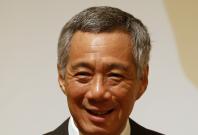 Data next week is expected to confirm Singapore experienced its slowest pace of expansion in a decade in the second quarter on a year-on-year basis.
Data next week is expected to confirm Singapore experienced its slowest pace of expansion in a decade in the second quarter on a year-on-year basis.
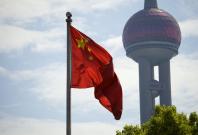 While more upbeat June factory output and retail sales offered signs of improvement, some analysts cautioned the gains may not be sustainable.
While more upbeat June factory output and retail sales offered signs of improvement, some analysts cautioned the gains may not be sustainable.
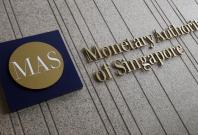 The MAS will wait for second quarter growth numbers in July before finalizing any revision to its full-year forecast, said Ed Robinson, deputy managing director for economic policy.
The MAS will wait for second quarter growth numbers in July before finalizing any revision to its full-year forecast, said Ed Robinson, deputy managing director for economic policy.
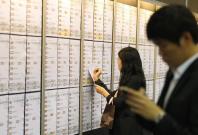 DISG also said it will assist companies in areas such as ride-hailing, e-commerce, fintech, cybersecurity and artificial intelligence.
DISG also said it will assist companies in areas such as ride-hailing, e-commerce, fintech, cybersecurity and artificial intelligence.
 Tensions rose sharply in May after the Trump administration accused China of reneging on promises it had made during months of talks.
Tensions rose sharply in May after the Trump administration accused China of reneging on promises it had made during months of talks.
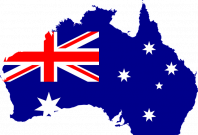 The 1.8% annual expansion fell far short of the long-term average of 3.5% and was the weakest since the global financial crisis.
The 1.8% annual expansion fell far short of the long-term average of 3.5% and was the weakest since the global financial crisis.
 The economic growth across the Southeast Asia region is expected to decelerate, moderating to 4.8% in 2019.
The economic growth across the Southeast Asia region is expected to decelerate, moderating to 4.8% in 2019.
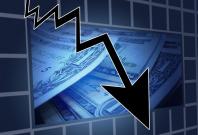 The report by the National Association for Business Economics is based on responses by 53 economists.
The report by the National Association for Business Economics is based on responses by 53 economists.
 Facing an job crunch at home, many young South Koreans are now signing up for government-sponsored programmes for jobs abroad.
Facing an job crunch at home, many young South Koreans are now signing up for government-sponsored programmes for jobs abroad.
 The trade talk became more confusing after US and China appeared at a deadlock over trade negotiations on Sunday.
The trade talk became more confusing after US and China appeared at a deadlock over trade negotiations on Sunday.
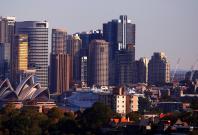 The divergence is only getting larger as surging iron ore prices lifted exports to all-time highs in the March quarter.
The divergence is only getting larger as surging iron ore prices lifted exports to all-time highs in the March quarter.
 China's stock market has been suffering losses amid escalating trade friction with the United States.
China's stock market has been suffering losses amid escalating trade friction with the United States.
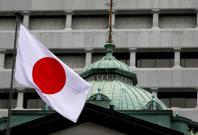 BOJ kept intact a pledge to guide short-term interest rates at minus 0.1 percent and long-term rates around zero percent via aggressive bond buying.
BOJ kept intact a pledge to guide short-term interest rates at minus 0.1 percent and long-term rates around zero percent via aggressive bond buying.
 Hike comes in the midst of two days of talks between top US and Chinese negotiators to try ending end a 10-month trade war between them.
Hike comes in the midst of two days of talks between top US and Chinese negotiators to try ending end a 10-month trade war between them.















